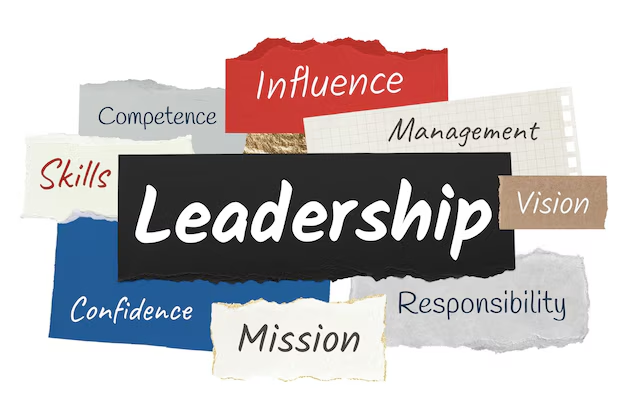Leadership is a critical skill that transcends industries, affecting organizations’ success on a global scale. In today’s rapidly evolving world, leaders are expected not only to navigate complex challenges but also to inspire and empower their teams in an ever-changing environment. With the emergence of new technologies, diverse global markets, and shifting societal norms, the qualities that define effective leadership are continually evolving.
In this context, the modern Master of Business Administration (MBA) degree has become one of the most influential ways to cultivate and develop strong leadership skills. This article explores how an MBA program prepares individuals to be leaders capable of making strategic decisions, driving innovation, and fostering inclusive, sustainable growth in their organizations.
The Role of Leadership in Today’s Business Environment
Leadership today is no longer about simply making decisions or managing teams. Effective leadership involves adaptability, emotional intelligence, strategic thinking, and the ability to navigate uncertainty. In the modern business world, leaders must:
- Respond to rapid technological advancements.
- Embrace diversity and foster inclusive environments.
- Manage cross-cultural teams.
- Guide organizations through times of crisis or change.
- Drive innovation while balancing risk and sustainability.
Given these dynamic demands, the need for a comprehensive leadership approach is greater than ever, and this is where an MBA program comes in.
How an MBA Prepares Leaders for Modern Challenges
1. Exposure to a Global Perspective
One of the most significant advantages of an MBA is its global perspective. As businesses become more interconnected, having leaders who understand international markets, cultures, and business practices is essential. MBA programs typically offer courses and experiences that expose students to different markets, global trends, and international business strategies. This helps prepare leaders who can thrive in a globalized business environment.
2. Development of Critical Thinking and Problem-Solving Skills
Effective leadership requires the ability to analyze complex problems and make decisions based on sound reasoning. MBA programs teach students how to approach challenges with a critical mindset, analyze data, and consider all possible solutions before taking action. Leaders with these skills are better equipped to navigate challenges and make decisions that drive organizational success.
3. Emotional Intelligence and People Management
In addition to technical knowledge, modern leadership demands high emotional intelligence (EI). MBA programs emphasize the development of soft skills like communication, empathy, and conflict resolution. These are essential for leading diverse teams, motivating employees, and building a positive organizational culture. Leaders who can understand and manage their emotions, as well as the emotions of others, are more effective at fostering strong, collaborative teams.
4. Strategic Decision-Making and Visionary Leadership
An MBA program equips individuals with the tools to develop long-term strategies, set clear objectives, and make informed decisions that align with organizational goals. Leadership in the modern world is about envisioning future trends, guiding teams toward common objectives, and executing strategies effectively. MBA students learn how to assess risks, evaluate opportunities, and craft strategies that will drive growth and success for their organizations.
The Role of Innovation and Adaptability in Leadership
As businesses face rapid technological changes, innovation is crucial for staying competitive. MBA programs encourage leaders to think outside the box and embrace change. Leaders who are adaptable and open to new ideas can inspire their teams to innovate, experiment, and embrace transformation. MBA courses often include a focus on entrepreneurship, creativity, and technology management, all of which are essential for fostering a culture of innovation within organizations.
Building Strong Leadership Networks
Another key element of an MBA program is the opportunity to build a network with fellow students, alumni, faculty, and business professionals. These connections provide valuable insights, opportunities for collaboration, and support throughout one’s leadership journey. Networking is vital for modern leaders, as it helps them learn from others, gain diverse perspectives, and open doors to new business opportunities.
Conclusion: The Impact of an MBA on Leadership Development
In today’s fast-paced and constantly changing business landscape, leadership has become more complex than ever. However, an MBA provides aspiring leaders with the skills, knowledge, and mindset needed to thrive in this environment. From strategic thinking to emotional intelligence, innovation to cross-cultural understanding, MBA programs help develop well-rounded leaders who are ready to tackle the challenges of the modern world.
Whether you’re leading a startup or a multinational corporation, an MBA provides the foundation for developing the leadership qualities that can make a lasting impact on your organization. In a world that demands visionary leadership, the MBA remains one of the most effective paths to cultivating the skills necessary to succeed.
This structure highlights the various aspects of leadership and how an MBA program fosters those qualities. Each section emphasizes a specific aspect of leadership development, ensuring a comprehensive and engaging article.




